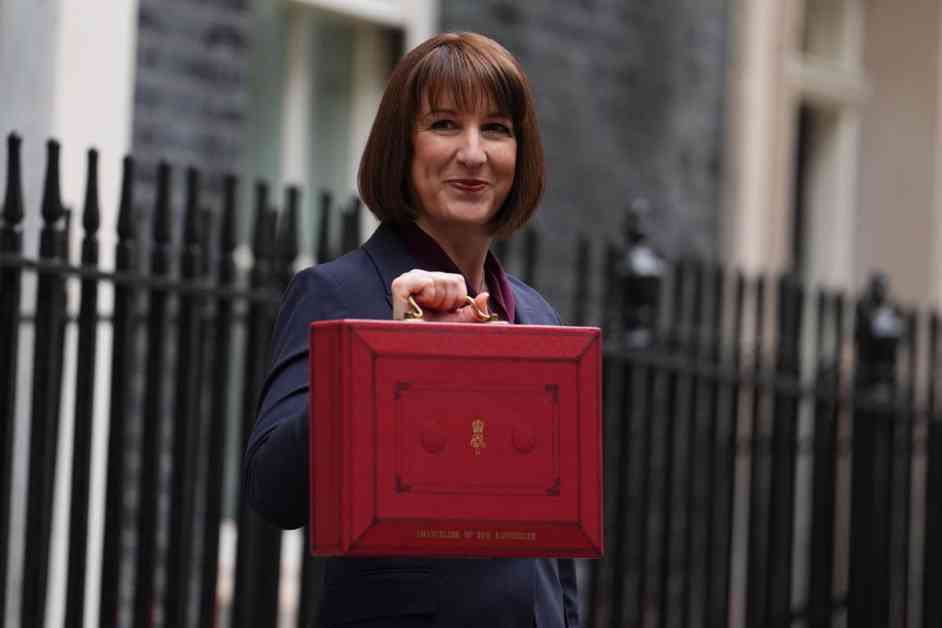Barclays has warned that Rachel Reeves’s decision to increase employer national insurance contributions (NICs) will negatively impact workers’ living standards, leading to a growing backlash over the tax hike. The bank’s economists predict that the policy will result in lower real incomes for individuals as companies pass on the levy’s cost through reduced pay rises and increased prices.
Despite a promise in the manifesto not to raise taxes for working people, including NICs, income tax, and VAT, the chancellor raised employers’ NICs from 13.8% to 15% in the recent Budget. Additionally, the threshold at which employers start paying the tax was lowered from £9,100 per year to £5,000. Economists at Barclays anticipate that these changes will lead to a combination of higher inflation and lower wages, ultimately reducing real incomes.
Business leaders have accused the Labour government of betrayal, with some describing the Budget as anti-growth. The Independent Business Network chair, John Longworth, criticized the decision, emphasizing that wealth creation and growth should be the government’s top priorities. He warned that the NICs increase could result in job losses, wage depression, or underinvestment due to profit loss. Additionally, the British Chambers of Commerce highlighted that some firms are facing a significant increase in their bills as a result of the NIC hike.
The chancellor defended the decision, arguing that the policy would raise over £25bn for the Treasury and would not directly impact employees’ payslips. However, business groups and industry experts have urged the government to reconsider, emphasizing the potential negative impact on employment prospects and earnings. Some have suggested alternative measures, such as introducing a wealth tax, to raise funds for public services.
Overall, the decision to increase employer NICs has sparked controversy and raised concerns among businesses and economists. The government’s rationale for the tax hike is to address the fiscal challenges inherited from the previous administration and ensure economic stability. However, the long-term effects of the policy remain uncertain, with calls for clearer, more supportive actions to aid businesses during this challenging period.












